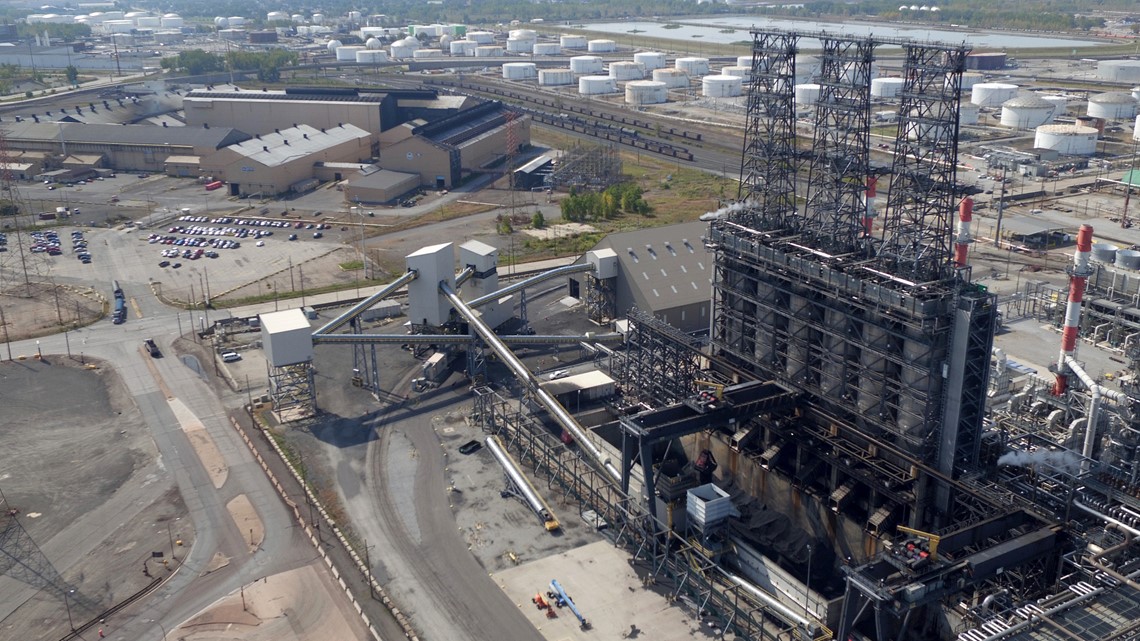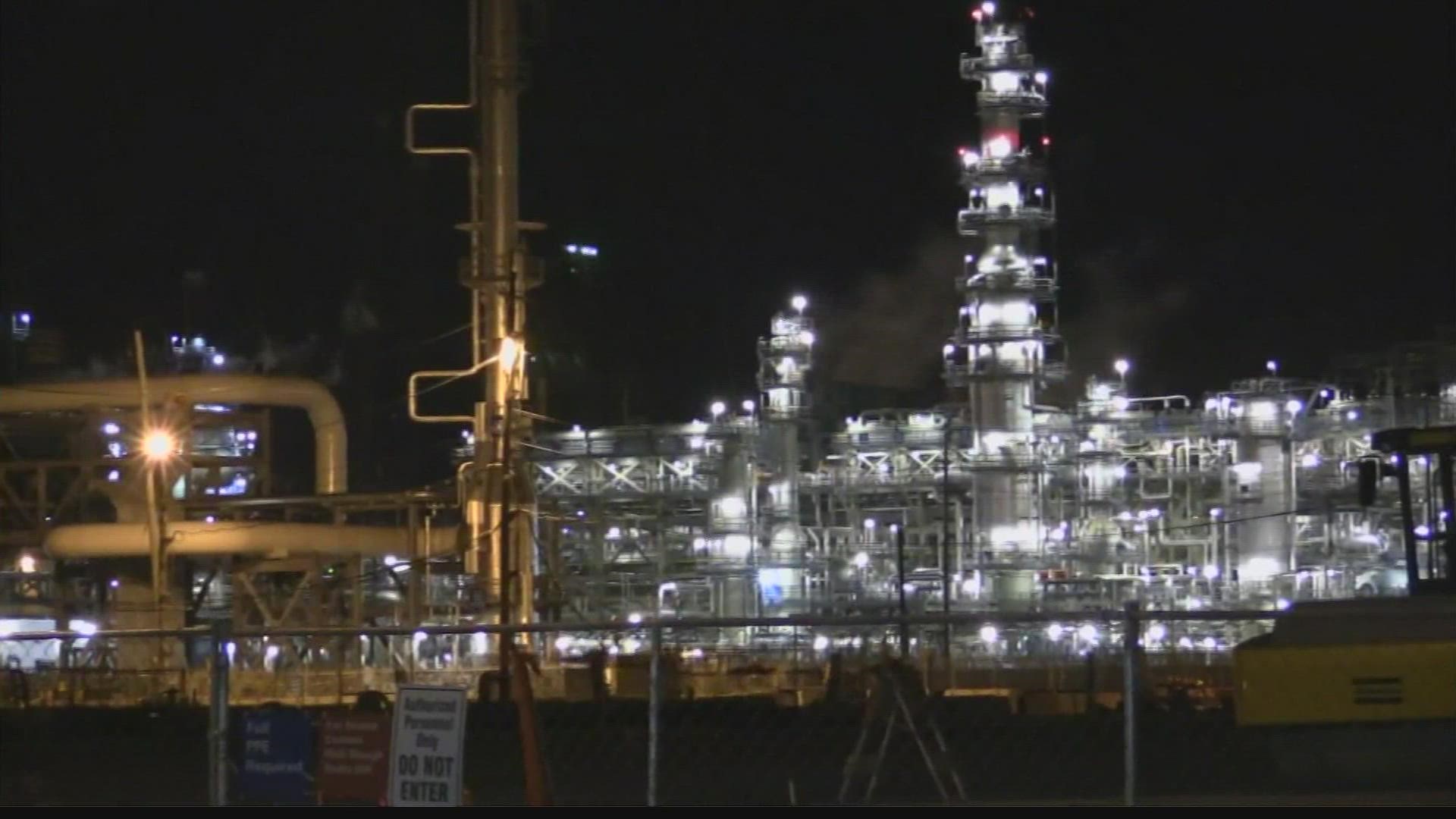INDIANAPOLIS — Average gasoline prices in Indiana fell again last week, dropping more than 10 cents per gallon according to GasBuddy.com and AAA. The average price in metro Indianapolis Monday was less than $3.80 per gallon.
But an electrical fire that shut down BP's Whiting refinery and increased storm activity in the Atlantic Ocean threaten to interrupt supplies and hike prices.
"Some issues have developed that we're keeping a close eye on, including the shut down of the largest refinery in the Midwest," said Patrick De Haan, head of petroleum analysis at GasBuddy. "While that refinery may get back online sooner rather than later, it's not impossible that down the road the situation could impact prices in the region. For the rest of the country, however, we'll continue to see prices moderate."
DeHaan told 13News that Hoosiers don't necessarily need to change their driving habits just yet.
"There are no flashing red lights when it comes to gas prices in Indiana, but we are watching closely," DeHaan said, because BP indicated it may have the Whiting refinery restarted by the middle of this week.
"Wholesale markets don't seem to be responding much to the information," DeHaan added. "With what we know right now, it's very unlikely we test the high gas prices we saw earlier this year."
But if the refinery isn't able to restart this week, there may be cause for concern.


DeHaan said Americans are spending $1.20 less per gallon than they were in June, which translates to $450 million less on gasoline every day as a result.
The savings may continue, with a major caveat. "This is, of course, subject to hurricane season, and it does appear that the tropics are starting to see some activity, so there's no guarantee the decline will continue," DeHaan said.
"These storms can affect prices by disrupting oil production in the Gulf of Mexico and impacting large coastal refineries,” said AAA's Andrew Gross.
The national average price of diesel climbed 7.3 cents in the last week and stands at $5.04 per gallon, fueling transportation costs and contributing to inflation.
Although a recent AAA survey showed Americans combining errands or just driving less to try offset high pump prices in their budgets this summer, Labor Day holiday travel could boost demand and change the downward trend in prices that has continued for 11 weeks.

